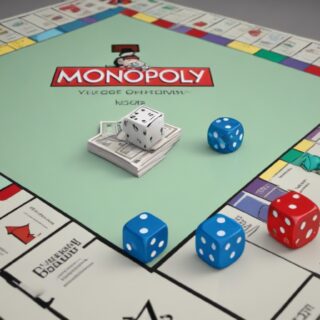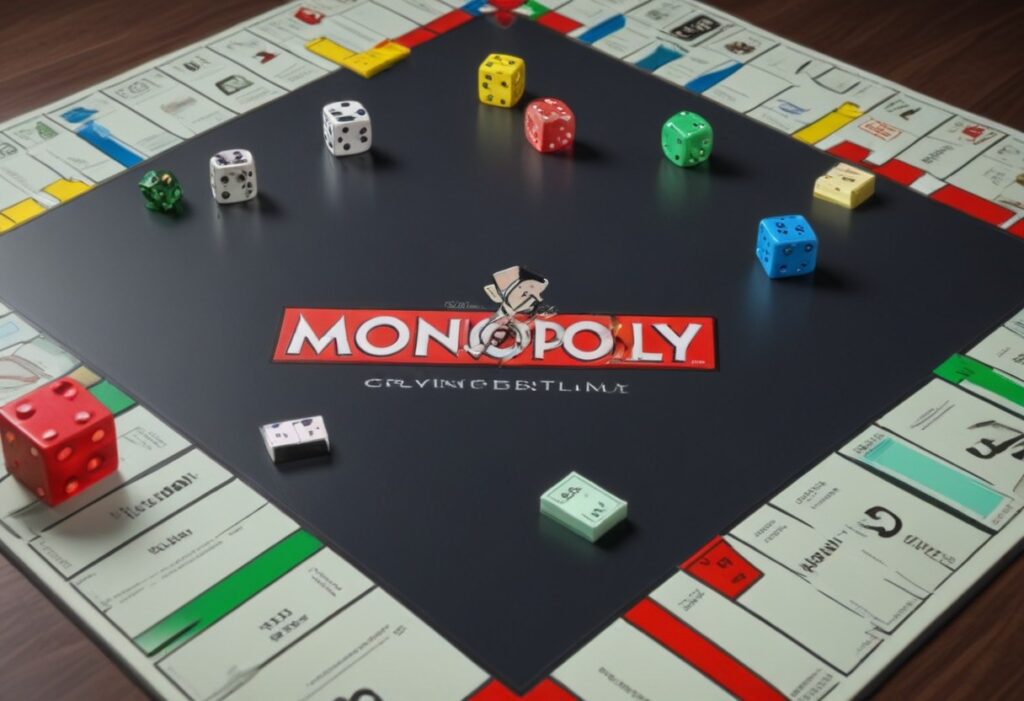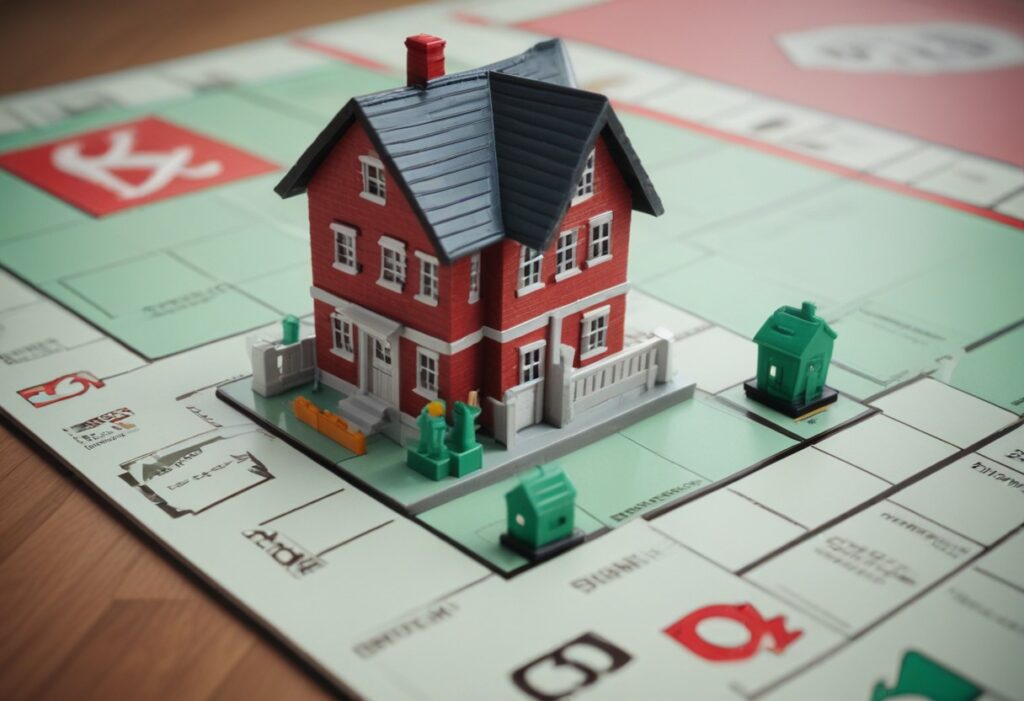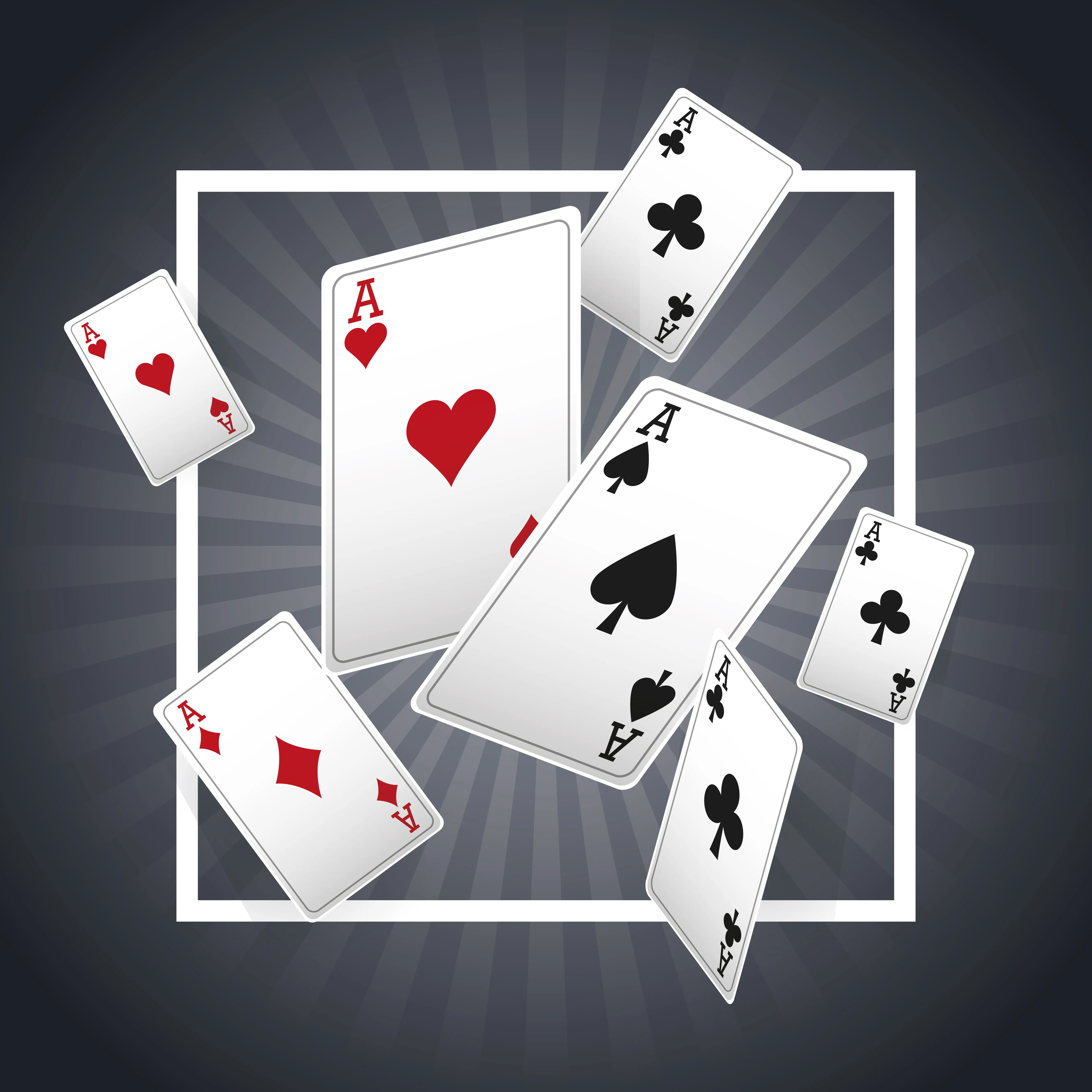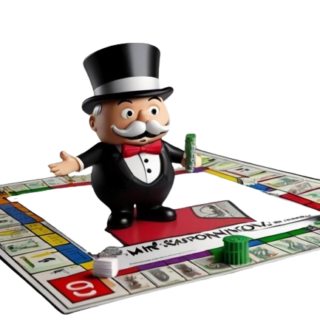
Menu
- Home
- Blog
- Rules
- Monopoly Deal card Game Rules
- Guide to the Game’s Rules
- Monopoly Income Tax Rules
- Money rules in Monopoly
- Monopoly Rules
- Rules of Monopoly Millionaire
- Buying Houses Monopoly Rules
- Monopoly Property Rules
- Rules for Monopoly deal card game
- Monopoly Deal Just Say No Rules
- Monopoly Auction Rules
- Monopoly Bid Rules
- Rules
- About
